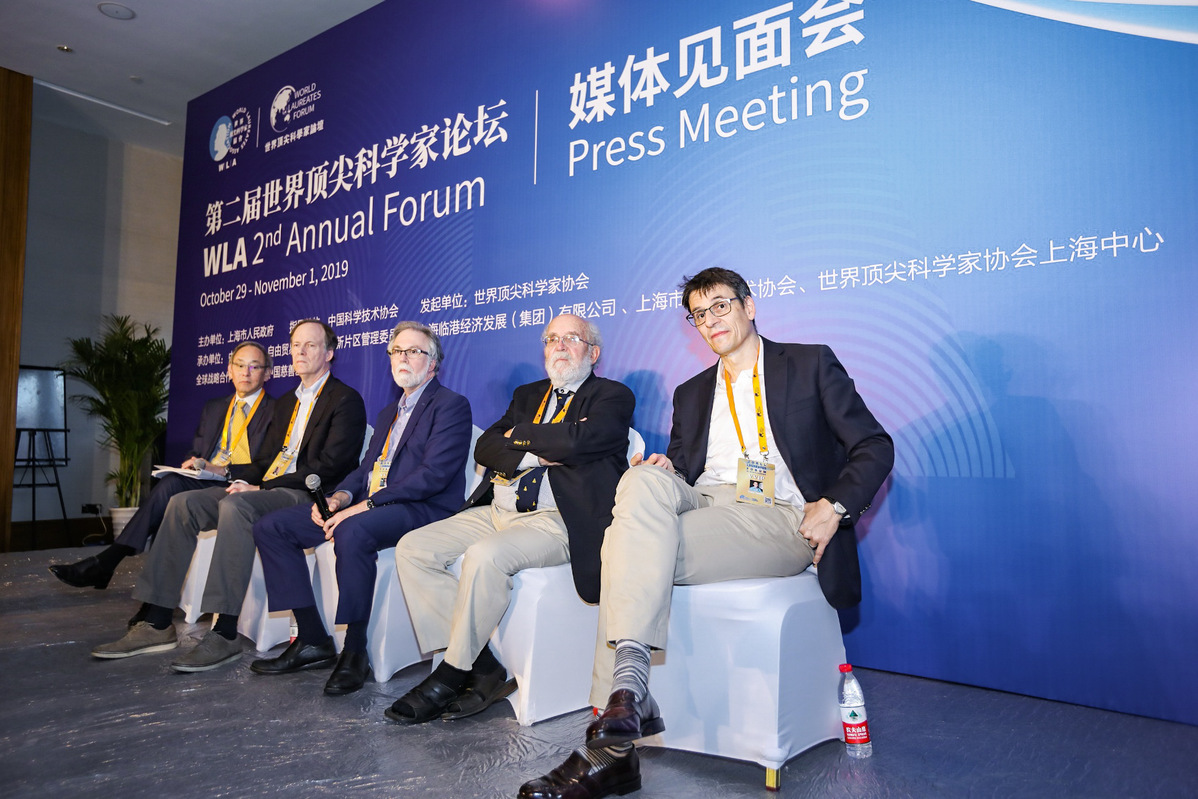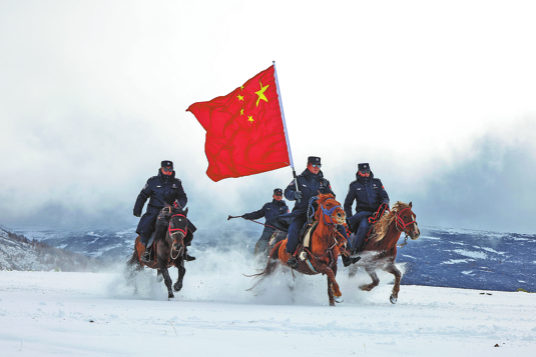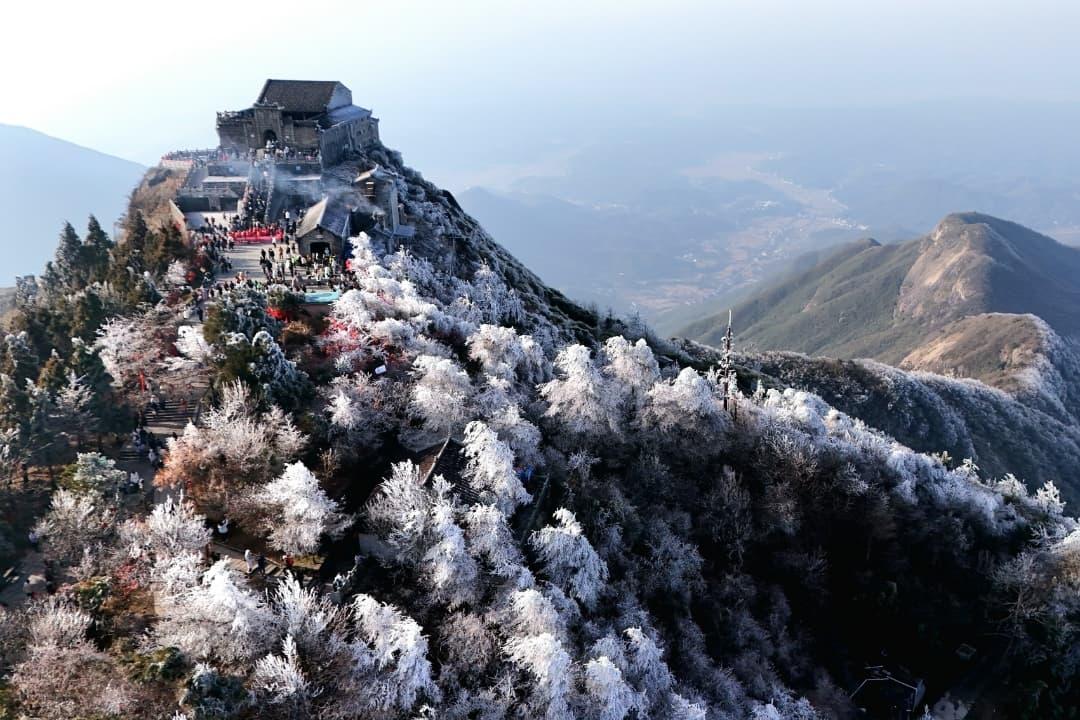Scientists talk about extraterrestrial life at World Laureates Forum


Four 2019 Nobel Prize laureates shared their views on whether there is life on exo-planets and how science can develop and thrive during the three-day World Laureates Forum held in Shanghai.
The second edition of the forum, which this year gathered 44 Nobel Prize laureates and 21 other world-class award winners, ended on Thursday.
"Life is chemistry. So in a way, to find life is to find the right chemistry, and the key is to combine all elements related, including the geophysics of a planet and the elements protecting the planet," said Didier Queloz, one of recipients of the 2019 Nobel Prize in Physics for the discovery of an exo-planet orbiting a solar-type star which was announced in Sweden on Oct 8.
During the forum, Queloz spoke about how scientists can now better understand how life originated on Earth, and that the continued study of other planets would shed more definitive answers.
One of the key challenges today, he said, was determining if lifeforms exist on other planets.
"We may find life on a planet that seems like a copy of Earth's, but we may also look at plenty of planets and miss the signs of life that are different from those on Earth," he said.
Michel Mayor, another physics Nobel Prize winner this year, said further study to answer this question will require finding out if life is an important part in the evolution of every planet in the universe, or only on Earth.
The forum also saw William Kaelin Jr and Gregg Semenza, two laureates awarded the 2019 Nobel Prize in Physiology or Medicine for their discoveries of how cells sense and adapt to oxygen availability, share their expectations for China's role on the global scientific stage.
Kaelin Jr also had a word of caution to share, urging countries not to expect fast results for their investments in science.
"Transformative discovery often comes from investments in basic, fundamental, curiosity-driven research. When you do these kinds of researches, you do not know what outcomes will be or its timeline. Investments should be put in both fundamental and applied sciences," he added.
Semenza then emphasized on two important aspects of science — creativity and questioning the established order.
"Breakthroughs of science require freedom, either on thoughts or actions. It starts when people are young and their pattern of behaviors is being established," said Semenza, referring to the need to encourage creativity in the educational system.
- Shanghai, New York deepen partnership at river-themed dialogue
- Teen donates to preserve war truths in Nanjing
- 430kg cocaine seized at Shenzhen Port in joint China-US drug bust
- Stealth drone's trial lands desired results
- China grants first Level-3 autonomous driving vehicle permits
- AI-led model aids cultural relic restoration and boosts tourism





































